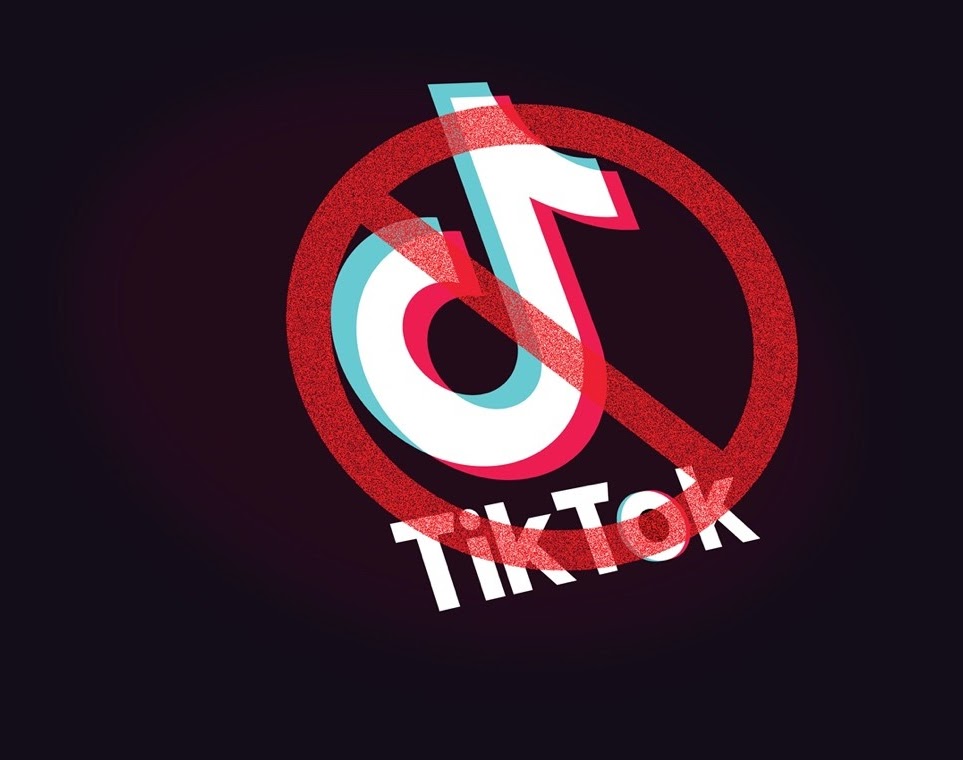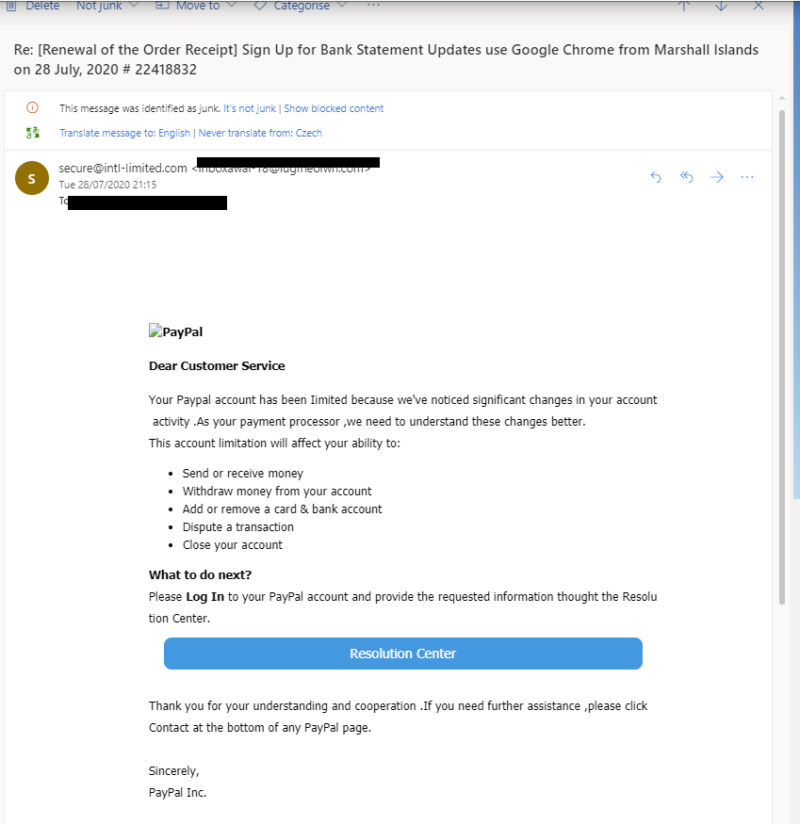
August 21, 2020
TikTok has become a staple in the Generation Z online community. In early 2018, popular Chinese video app Douyin merged with Musical.ly to create TikTok. It was during this time, that TikTok was first introduced to the United States, where it then blew up into one of the most popular apps downloaded of all time.
To date, over 80 million users in the US alone use the app almost daily. People of all ages are using this platform to deliver unique content. From teens following new dance trends to moms making lunch, and even grandparents participating in challenges– TikTok is creating a unique community. With this big of an online presence, the United States is hesitant to continue letting citizens use this app despite numerous security concerns.
This is not the first time that the United States has had to deal with TikTok and the data mining accusations. On December 16, 2019, the Pentagon had its own TikTok ban, banning the app from many branches of the United States Military due to privacy threats. The Chinese government was able to access the exact location of US personnel due to the TikTok app tracking their location. Now, government-issued devices are not allowed to access the app.
In recent weeks, it has been brought to light that TikTok is able to view:
· Specific videos that are viewed and commented on by a user
· The operating system and phone model of user
· The exact keystrokes of a user’s typing
· The location of the device
To many, this is a cause of concern over online privacy. We now live in a world where we have access to everything at our fingertips. Most of our daily interactions have technology involved in some way whether it is through email, cell phone use, or even credit card transactions. It is hard to be sure how to protect yourself in a world where it is almost impossible.

August 14th, 2020
Home shopping has boomed during the coronavirus lockdown with more and more people buying essentials, gifts and luxuries online.
But that is also leaving many of us open to scams.
And now a new warning has been issued to PayPal account holders following a surge of fake emails.
Action Fraud is again asking the public to look out for phishing emails, sent out by criminals, claiming to be from PayPal.
The alert comes after Action Fraud received over 1,000 reports within 24 hours on July 20, 2020, about emails claiming to be from PayPal.
The emails state the recipient’s account has been “limited” as a result of a policy violation.
Customers are then asked to update their account or check its security by clicking a link in the email.
But the link doesn’t go to the real PayPal. Instead, account holders are taken to convincing but phony websites that are designed to steal login details, as well as personal and financial information.
A PayPal spokesperson said: “Be aware of any emails or text messages that ask you to provide personal information directly in response.”
“Scammers often use a false sense of urgency to prompt you to act on a phishing email.”
“All communications from PayPal to account holders would be sent to the secure message center within their PayPal account. You will have a secure message waiting if PayPal does need you to take any action.”
A genuine PayPal email will only ever address you by your full name – anything that starts differently should immediately raise your suspicions.
“Look out for spelling mistakes, which are a common sign of a fraudulent message. If you have any concerns regarding an email you have received, you should send it to spoof@paypal.com.”
Pauline Smith, Head of Action Fraud, said: “These emails are commonly used by criminals to gain access to your personal and banking details, which they then use to steal your identity or your money.”
She added: “It is common for criminals to spoof the legitimate phone number or email address of a trusted organization, to trick us into providing information.
“If you receive a message out of the blue that seems suspicious, take five minutes to check directly with the organization or brand contacting you that the communication is genuine. If something feels wrong, then always question it.”
The latest alert follows a similar boom in phishing emails in June when customers reported emails claiming their accounts had been either ‘suspended’ or ‘lifted’.
These featured prominent typos, saying: “We’ve limited your access and the reason is the last login attempt , we’ve limited your account for security reasons.
“To fix this problem you have to login and update your personal information by following this link.”
These emails won’t be drying up anytime soon, so please be on your guard and, as always, visit the PayPal website directly from your browser should you receive any messages claiming you’ve been limited or locked out. If it’s genuine, then customer service will be able to assist. If it isn’t, help both PayPal and everyone else by reporting the phish. It’s a win-win scenario.
If you have any questions please call into our helpdesk line or send us an email at info@tekleap.com
